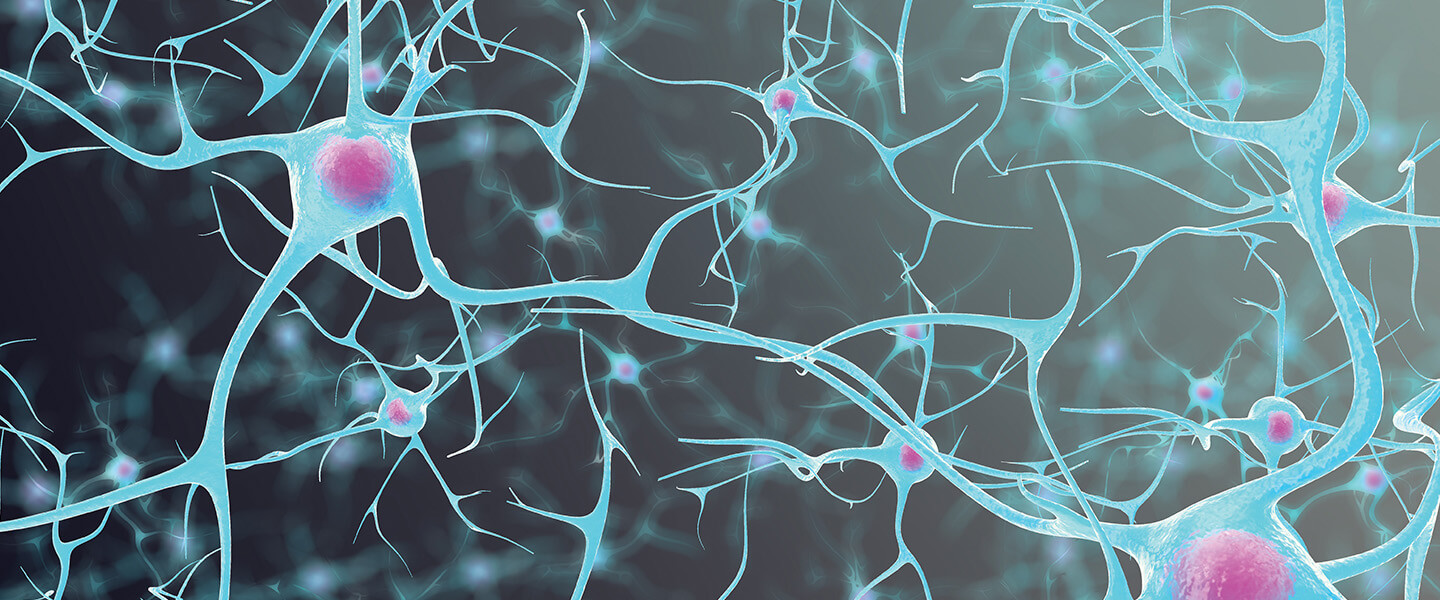Yes, i can give three secret study tips. Firstly, create a study plan, secondly, find a quiet and comfortable study space, and finally, take regular breaks for optimal productivity.
Studying is essential for academic success, but it can sometimes feel overwhelming. As a student, you may feel pressure to perform well and keep up with coursework while maintaining a social life and a healthy routine. However, by following these secret study tips, you can ease your stress and ensure effective learning.
Firstly, creating a study plan is critical to stay organized and avoid cramming. Secondly, a quiet and comfortable study space helps to minimize distractions and enhances focus. Lastly, taking regular breaks can refresh your mind and overall improve productivity. In this article, we will delve more into each of these study tips and provide additional tips for successful studying. By incorporating these strategies into your routine, you can become a more effective learner and achieve academic success.

Credit: www.bbrfoundation.org
Tip 1: Create A Structured Study Schedule
Creating A Structured Study Schedule Is Key To Success
The secret to successful and effective studying is creating a structured study schedule. This is a crucial component to achieving academic goals and should be taken seriously. In fact, it is one of the foundational steps in achieving success in any field of study.
How To Create An Effective Study Schedule That Works For You
When creating a study schedule, it is important to understand your needs, goals, and limitations. The purpose of a study schedule is to provide a framework that will guide your efforts while ensuring that you have enough time to cover all aspects of the curriculum.
Here are some steps to help you create an effective study schedule:
- Determine your learning style: This can be visual, auditory, or kinesthetic. Understanding your learning style is important because it will inform the type of study activities you should incorporate in your schedule.
- Identify your priorities: Determine what tasks need to be done and prioritize them based on importance and deadlines. This will help you allocate time appropriately to each task.
- Plan your time: Divide your day into parts and allocate time for each task. Make sure to allow for breaks and buffer time between tasks.
- Use a calendar: A calendar will help you see your schedule visually and ensure that you stay on track.
- Stay flexible: Be open to making schedule adjustments based on your progress and circumstances.
Tips For Sticking To Your Study Schedule
Creating a study schedule is only the first step – sticking to it is what really counts. Here are some tips to help you stick to your study schedule:
- Avoid distractions: While studying, remove any distractions that may divert your attention. This includes social media, your phone, and any other things that may take away your focus.
- Take breaks: Staying focused for extended periods can be difficult, so make sure to take breaks when necessary. This will help you recharge and remain alert.
- Stay motivated: Maintain a positive attitude and remind yourself of your goals. This will help you stay motivated and focused.
- Review your progress: Regularly review your progress to ensure that you are on track and make any necessary adjustments.
With an effective study schedule and the determination to stick to it, you will achieve success in your academic pursuits or any other field of study.
Tip 2: Utilize Active Learning Techniques
Discuss The Difference Between Passive And Active Learning
Passive learning involves simply reading or listening to information, without any active engagement or effort on the learner’s part. In contrast, active learning requires learners to be actively engaged in the learning process by doing something with the information they are studying.
This kind of learning can include taking notes, summarizing information, asking questions, and working through problems or examples.
Explain Several Active Learning Techniques, Such As Note-Taking And Summarizing
Active learning involves several techniques that can be used to help learners engage with the material they are studying. Note-taking is one such technique that involves paying close attention to the material being presented and taking notes to help reinforce the information.
Summarizing is another useful technique that involves condensing information into a concise, easy-to-remember format. Other active learning techniques include:
- Asking questions and seeking answers
- Creating diagrams or mind maps to visualize ideas
- Working through examples and practice problems
- Discussing concepts with classmates or instructors
Provide Examples Of How To Incorporate Active Learning Techniques Into Your Study Routine
Incorporating active learning techniques into your study routine can help you to better engage with the material you are studying, leading to better comprehension and retention of information. Here are some examples of how to incorporate active learning techniques into your study routine:
- Take notes during lectures or when reading course materials.
- Use diagrams or mind maps to help you visualize concepts or ideas.
- Summarize key concepts in your own words as a way of reinforcing your understanding.
- Work through practice problems or examples to help you apply concepts and test your understanding.
- Meet with classmates or instructors to discuss concepts and clarify any areas of confusion.
By using active learning techniques like these, you can take a more engaged and active role in your education, leading to better outcomes and a deeper understanding of the material.
Tip 3: Maximize Your Brain Power With Healthy Habits
Maximize Your Brain Power With Healthy Habits
Your brain needs proper nutrition and care to function at peak performance. In this section, we’ll discuss the importance of healthy habits on academic performance, several healthy habits that can maximize your brain power, and provide tips for incorporating them into your daily routine.
Discuss The Importance Of Healthy Habits On Academic Performance
Healthy habits affect not just your physical but mental wellbeing, which can significantly impact your academic performance. A balanced lifestyle can improve your cognitive abilities and increase your mental stamina. Healthy habits can improve concentration and help you focus better, which is vital when studying or sitting for exams.
Here are some of the benefits of healthy habits for academic performance:
- Enhance productivity and creativity
- Reduce anxiety and depression
- Improve memory retention
- Increase alertness and attention span
Explain Several Healthy Habits That Can Maximize Your Brain Power
The following healthy habits can help you achieve optimal brain functioning:
- Exercise regularly: Exercise promotes the growth of new brain cells. It also improves blood flow to the brain, which helps to clear toxins and improve brain function.
- Sleep well: Getting enough sleep consolidates memories, enhances learning and concentration, and improves overall cognitive performance.
- Eat a balanced diet: A diet rich in whole grains, fruits, vegetables, and lean protein promotes good brain health. Avoid consuming too much sugar and processed foods, which can cause brain fog and decrease productivity.
- Stay hydrated: Drinking enough water ensures that your brain stays hydrated and helps improve cognitive function.
Provide Tips For Incorporating Healthy Habits Into Your Daily Routine
Here are some practical ways to incorporate healthy habits into your daily routine:
- Schedule exercise into your calendar.
- Practice good sleep hygiene, such as sticking to a consistent sleep schedule and avoiding electronics before bedtime.
- Plan healthy meals and snacks ahead of time.
- Keep a water bottle with you throughout the day.
By adopting healthy habits, you can maximize your brain power and improve your academic performance significantly. Implement a few of these practices into your daily routine, and you’ll notice a significant improvement in your cognitive abilities.
Frequently Asked Questions Of Can You Tell Me 3 Secret Study Tips?
What Are Some Secret Study Tips To Boost Retention?
A few ways to boost retention include breaking up study sessions, teaching the material to someone else, and using mnemonic devices to remember information.
How Do I Stay Motivated While Studying?
Find a study environment that works for you, set realistic goals, and take breaks to avoid burnout. Additionally, reward yourself for reaching milestones.
How Can I Make The Most Of My Study Time?
Get rid of distractions, stay organized, and create a study schedule. Also, prioritize the most important topics and use active recall to solidify your understanding.
Is It Better To Study Alone Or With A Group?
It depends on personal preference and the type of material being studied. Studying alone can be more efficient, but group study can promote discussion and collaboration.
How Can I Manage My Time Effectively During Study Sessions?
Break up study sessions into manageable chunks of time, prioritize tasks based on importance, and use tools like timers to stay on track. Don’t forget to take breaks to avoid burnout.
Why Is Self-Care Important While Studying?
Self-care is important because it can prevent burnout, improve focus and retention, and reduce stress levels. Taking care of yourself can ultimately lead to more productive and successful study sessions.
Conclusion
Overall, incorporating these three study tips into your daily routine can have a significant impact on your academic performance. By breaking up your study sessions, staying organized, and finding what works best for you, you can optimize your time and retain information more effectively.
Remember to take breaks and prioritize self-care, as burning out can hinder your productivity. Experiment with different study strategies and don’t be discouraged if it takes time to find what works for you. Everyone’s study routine is unique, and the key is to find what helps you learn best.
By implementing these tips and adapting them to fit your personal style, you can achieve academic success and feel confident in your ability to tackle any challenge that comes your way. Happy studying!


